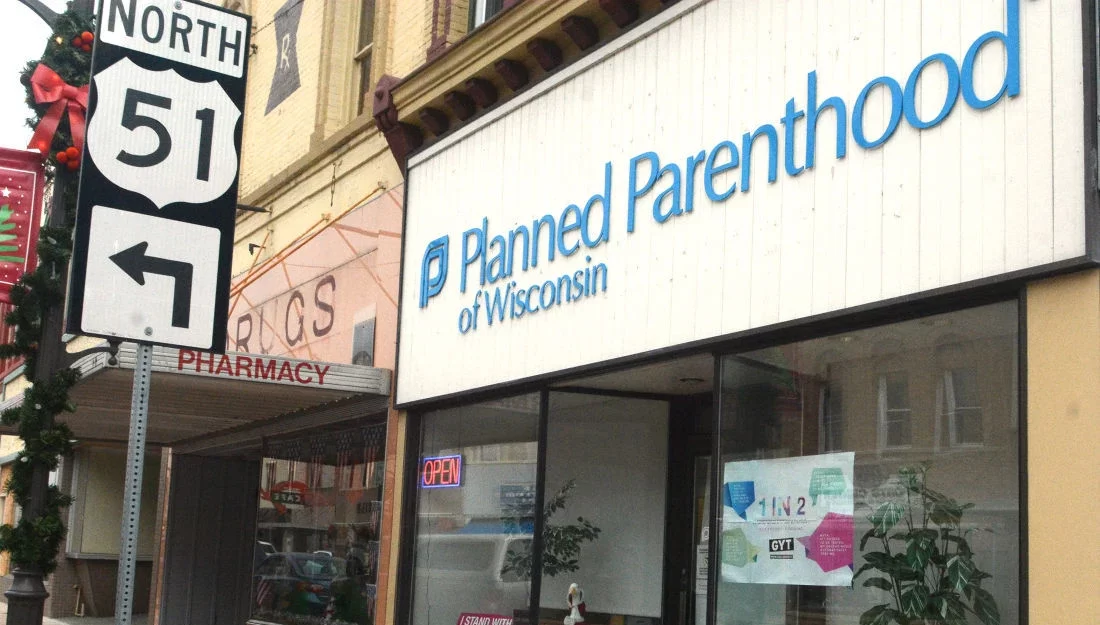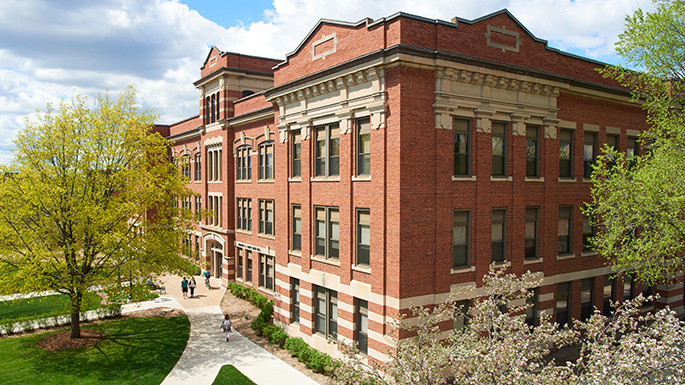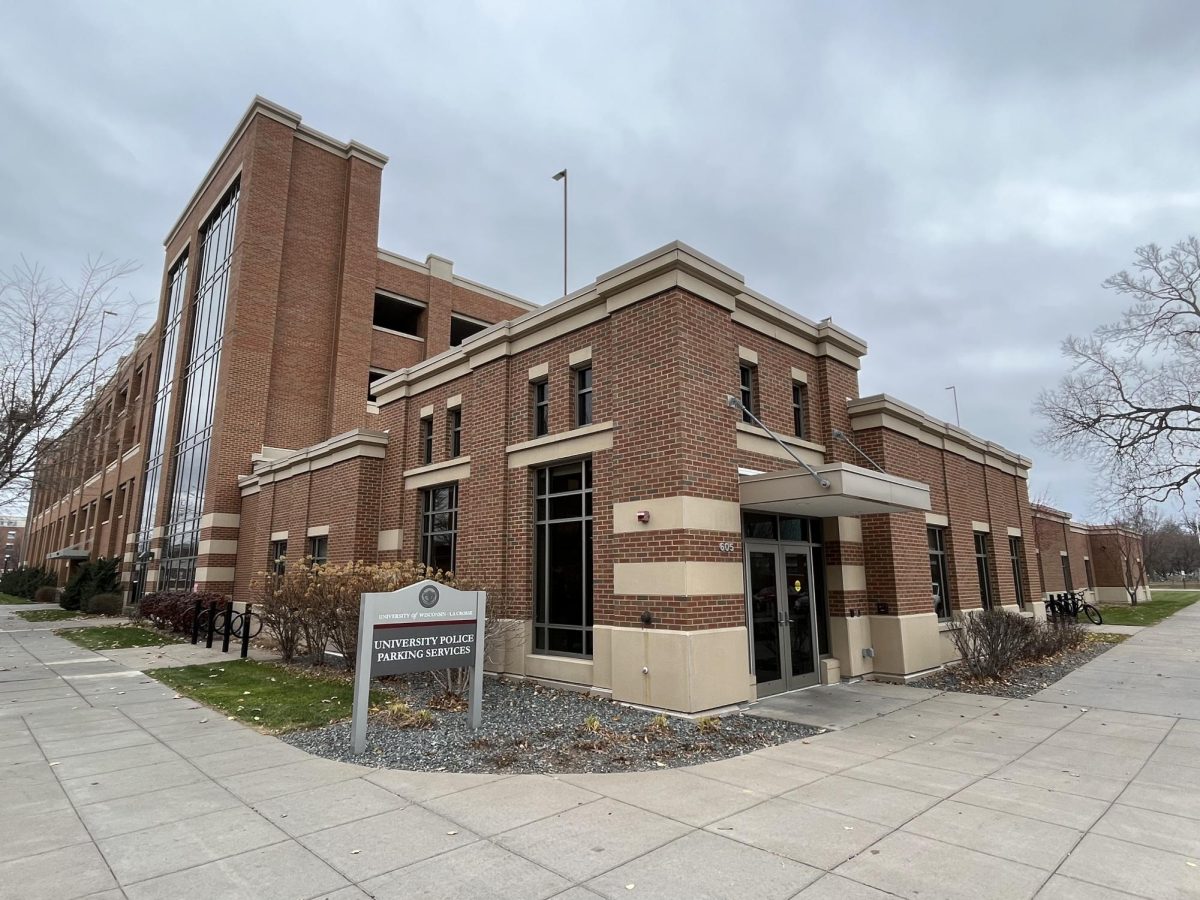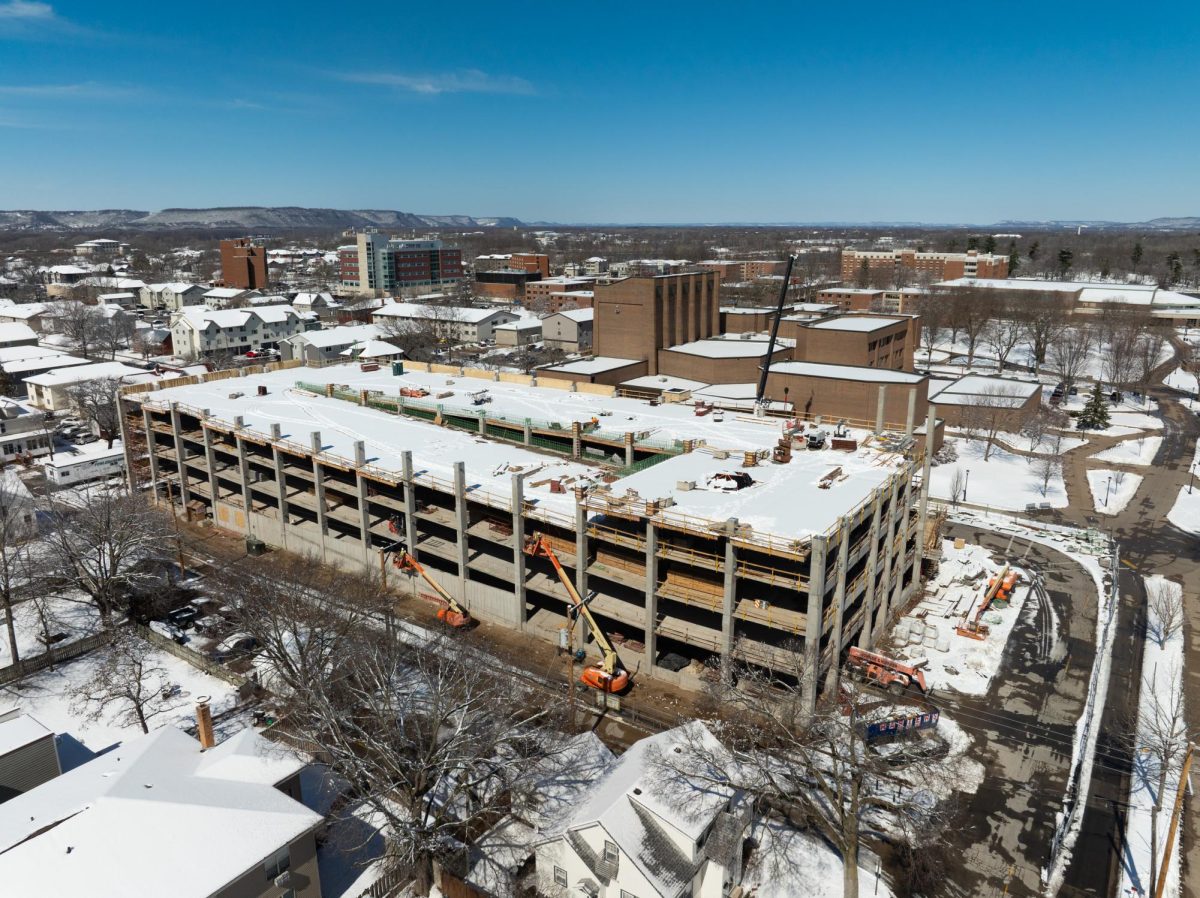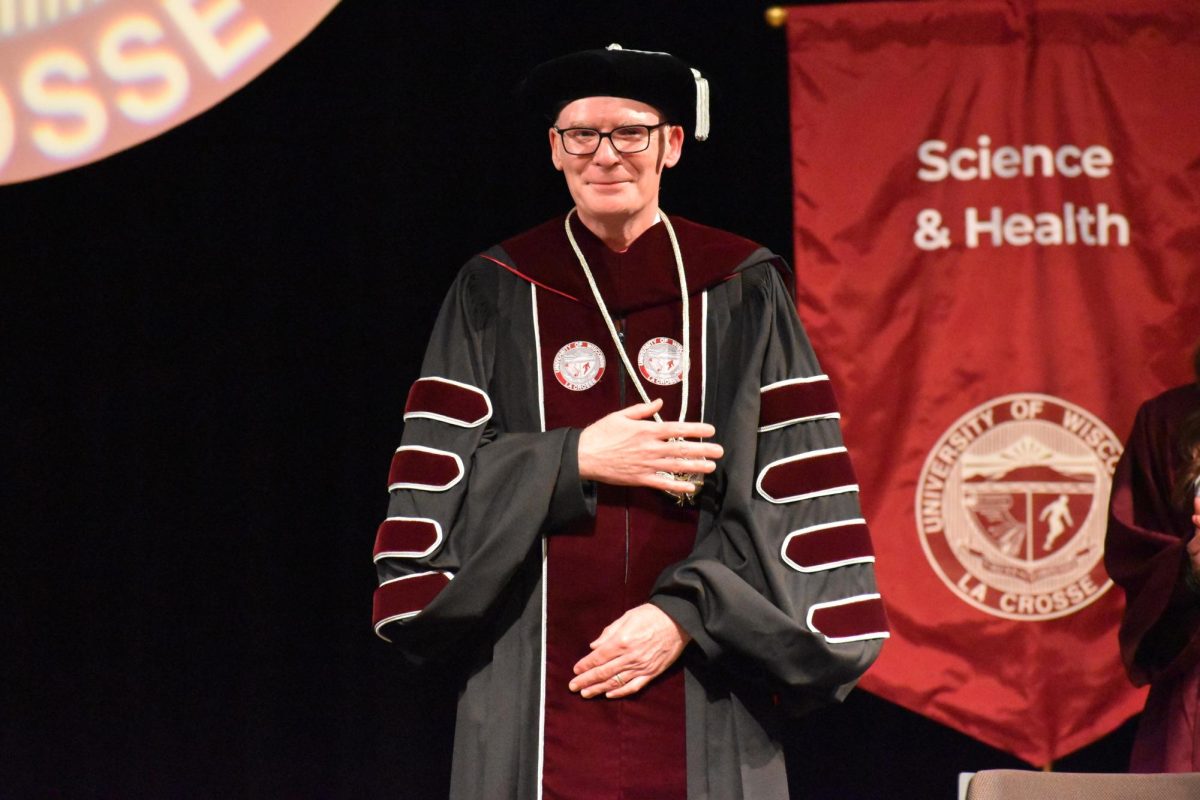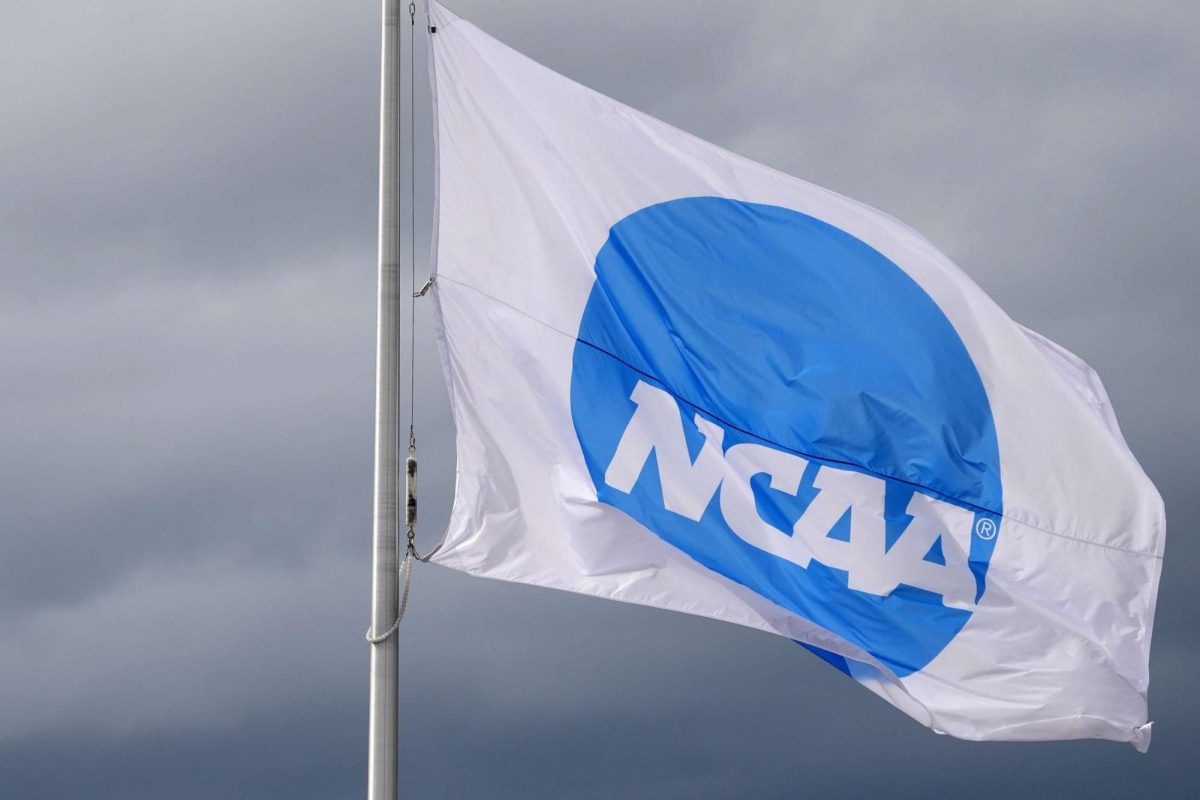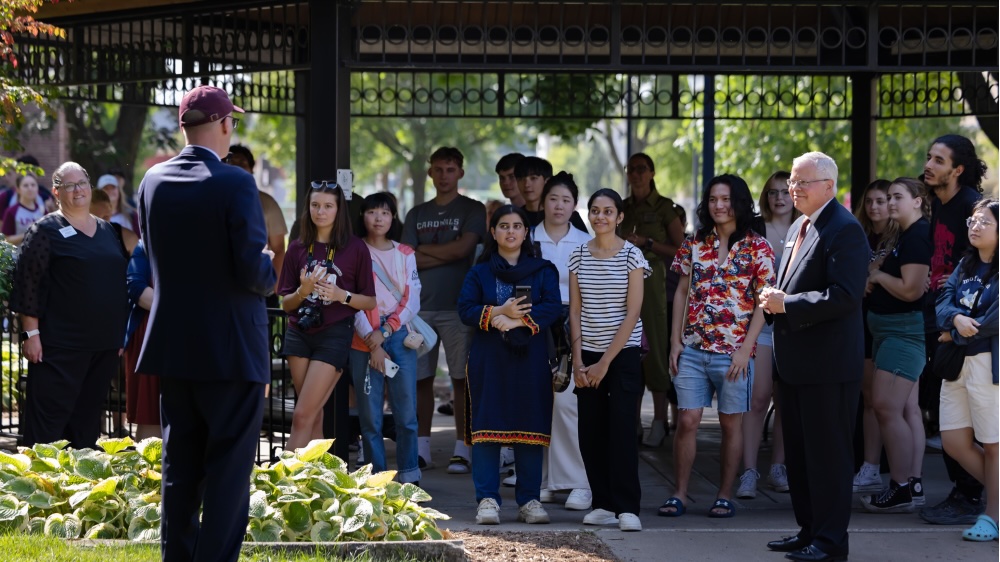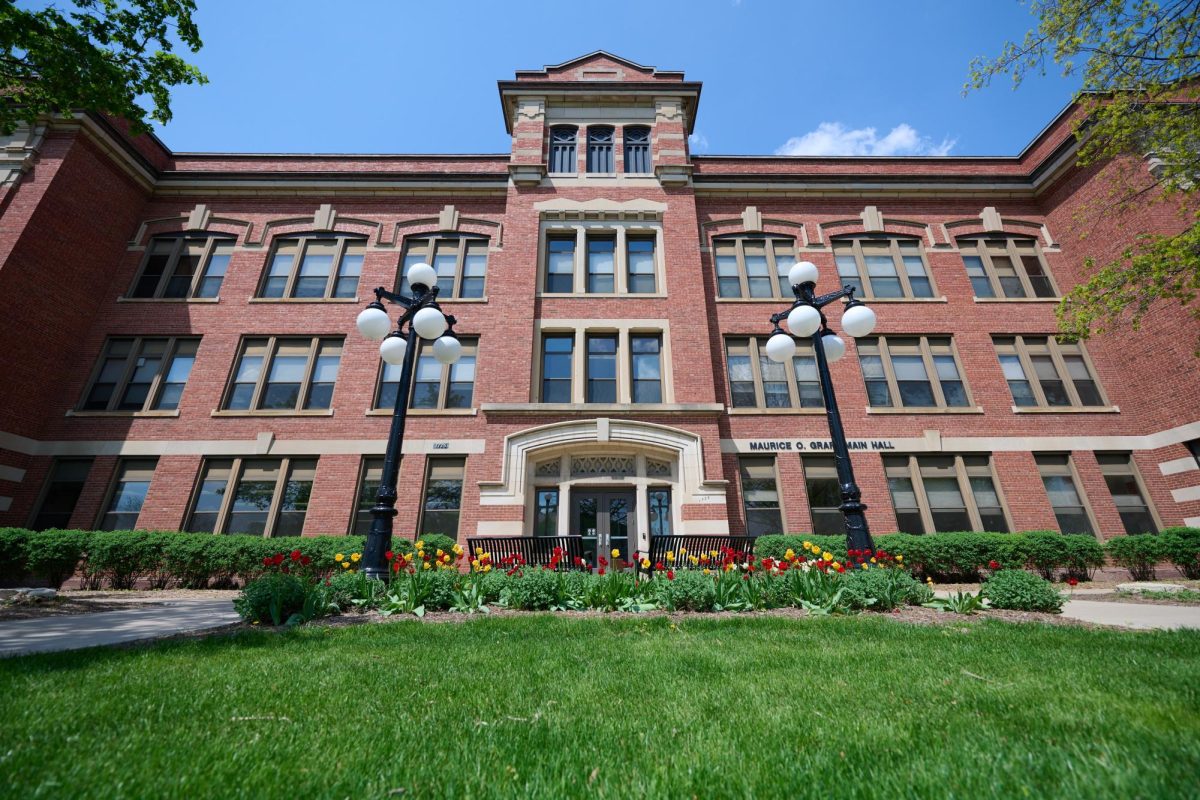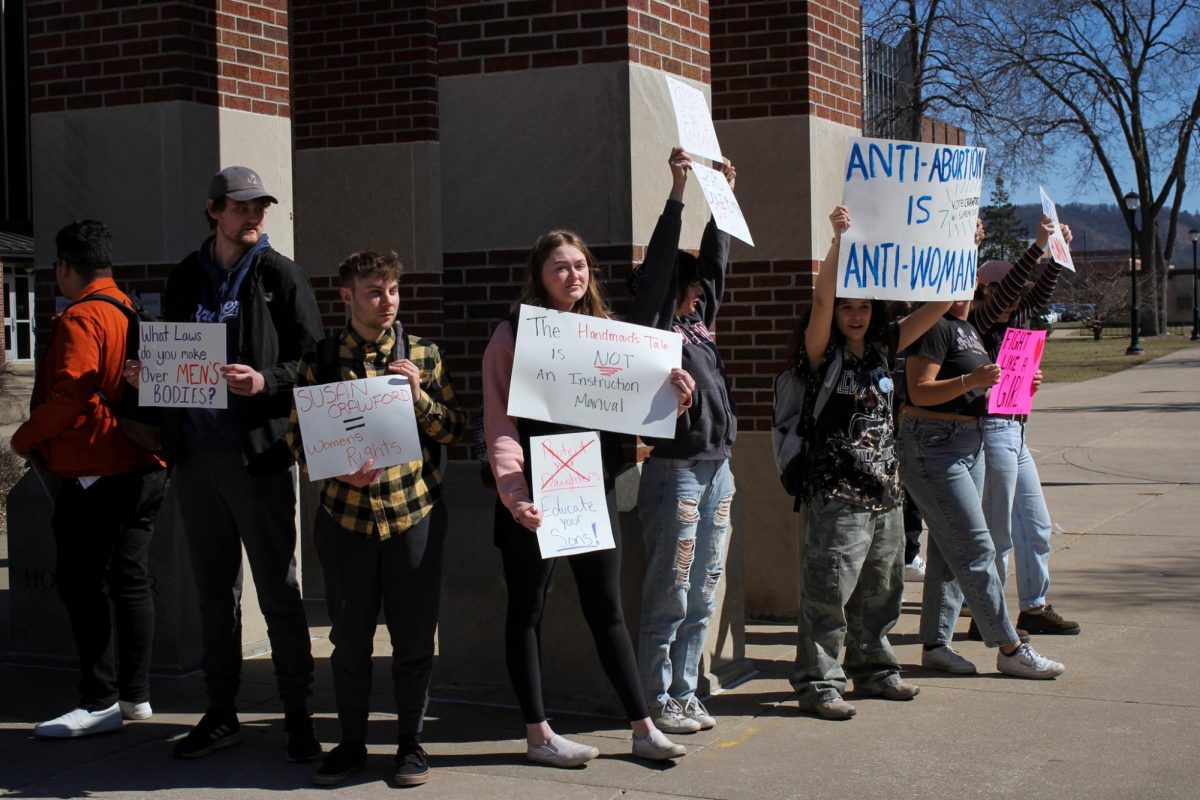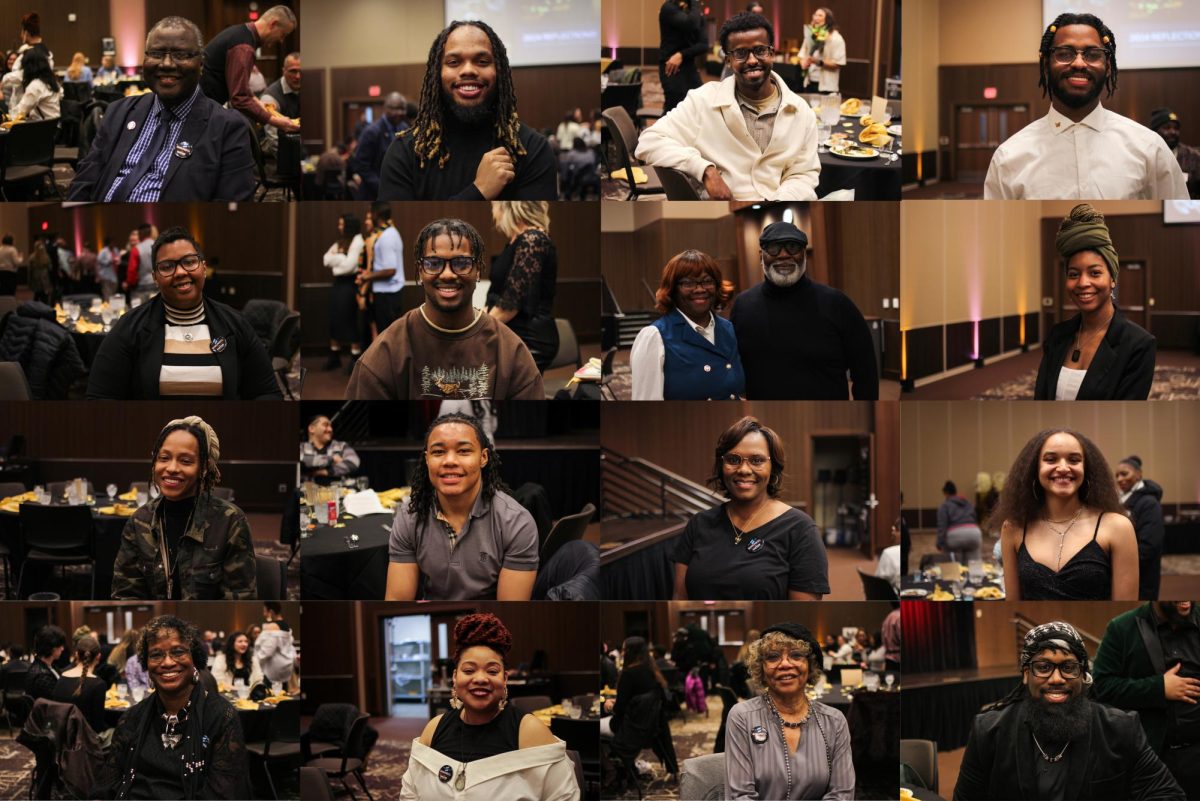Today, Thursday, Sept. 14, Wisconsin Planned Parenthood announced that it will be resuming abortion services beginning next week. The announcement came after Dane County Judge Diane Schlipper ruled that the 173-year-old Wisconsin law does not apply to consensual medical abortions.
Associated Press News (AP News) stated, “Dane County Circuit Judge Diane Schlipper said the legal language in the ban does not use the term ‘abortion’ so the law only prohibits attacking a woman in an attempt to kill her unborn child.”
“There is no such thing as the ‘1849 Abortion Ban’ in Wisconsin,” said Judge Schlipper.
A Legislative Reference Bureau report, titled ‘A Brief History of Abortion Laws in Wisconsin‘, said, “The first prohibitions on abortion were introduced as part of a bill relating to homicide, 1849 Assembly Bill 116.” Since its enactment, this bill has been widely interpreted by Wisconsin lawmakers as banning abortion, except to save the mother’s life.
Section 11 of the 1849 bill stated the following:
“Every person who shall administer to any woman pregnant with a quick child, any medicine, drug, or substance whatever, or shall use or employ any instrument or other means, with intent thereby to destroy such child, unless the same shall have been necessary to preserve the life of such mother, or shall have been advised by two physicians to be necessary for such purpose, shall, in case the death of such child or of such mother be thereby produced, be deemed guilty of manslaughter in the second degree.”
The Legislative Reference Bureau report states the term “quickening” meant “the first perception of fetal movement by the pregnant woman herself,” which typically took place “near the midpoint of gestation.”
To summarize, the report stated, “The Wisconsin Statutes first addressed abortion in 1849, when lawmakers enacted a general prohibition on abortion after quickening, providing an exception for an abortion necessary to preserve the life of the mother.”
After the 1973 U.S. Supreme Court ruling in Roe v. Wade, the 1849 Wisconsin abortion ban was nullified, but Wisconsin legislators never repealed it. Then in 2022, the Supreme Court overturned the 49 year precedent in its Dobbs v. Jackson Women’s Health Organization ruling which stated that the U.S. Constitution does not confer the right to an abortion.
The 2022 Dobbs ruling reactivated the statutes of the 1849 abortion ban. On June 24, 2022, Wisconsin Governor, Tony Evers (Gov. Evers), released a statement regarding the Supreme Court’s decision in Dobbs stating, “We will fight this decision in every way we can with every power we have.”
Four days after Gov. Evers released his statement on the Dobbs ruling, Wisconsin’s Democratic attorney general, Josh Kaul, filed a lawsuit challenging the 173-year-old abortion ban. According to AP News, Kaul stated, “that statutes passed in the 1980s supersede the ban and it’s so old that modern generations never consented to it.”
Three doctors joined Kaul’s lawsuit as plaintiffs stating their fears of being prosecuted for performing abortions. Sheboygan County’s Republican district attorney, Joel Urmanski, filed a motion to dismiss Kaul’s case in December 2022. Urmanski stated, “it’s a stretch to argue that the ban is so old it can no longer be enforced and that the 1985 law and the ban complement each other.”
Kaul’s attorneys on the case countered Urmanski’s file for dismissal. Kaul’s attorneys stated, “…the two laws are in conflict and doctors need to know where they stand.”
Schlipper worte in a ruling denying Urmanski’s dismissal motion that she interprets the 1849 abortion law as “prohibiting people from killing fetuses by assaulting or battering the mother.” She continued, “The law doesn’t apply to consensual medical abortions because it doesn’t use the word ‘abortion.'”
“Therefore, a doctor who performs an abortion is criminally liable only if the fetus was viable under the 1985 law,” wrote Schlipper. For reference, the Wisconsin abortion law enacted in 1985 made abortion a crime only if performed after viability.
Upon receiving Schlipper’s decision, Heather Weininger, Executive Director of Wisconsin Right to Life, called the ruling “a devastating setback in our ongoing fight to protect Wisconsin’s preborn children.”
“The case carries so much weight for the future of the state that it almost certainly will rise to the state Supreme Court, which is exactly where Democrats want it,” stated AP News. With Judge Janet Protasiewicz being sworn in on Aug. 1, the Wisconsin Supreme Court holds a 4-3 liberal majority. Prior to her win, Protasiewicz made explicit her support for abortion rights in Wisconsin.
Planned Parenthood will resume abortions in Wisconsin at their Water Street Health Center in Milwaukee, WI, and Madison East Health Center in Madison, WI. Availability for these appointments will begin on Monday, Sept. 18.
Evers released a statement regarding Schlipper’s ruling. “This is critically important news for Wisconsin women and patients across our state who, for a year now, have been unable to access the healthcare they need when and where they need it,” Evers said in his statement.
“With the recent confirmation from the Court that there is not an enforceable abortion ban in Wisconsin, our staff can now provide the full scope of sexual and reproductive health care to anyone in Wisconsin who needs it, no matter what,” Tanya Atkinson, president of Planned Parenthood of Wisconsin, said in a statement today.
For more information on the services offered by Planned Parenthood you can visit their website.
The Racquet Press will update this article as new information is presented.

